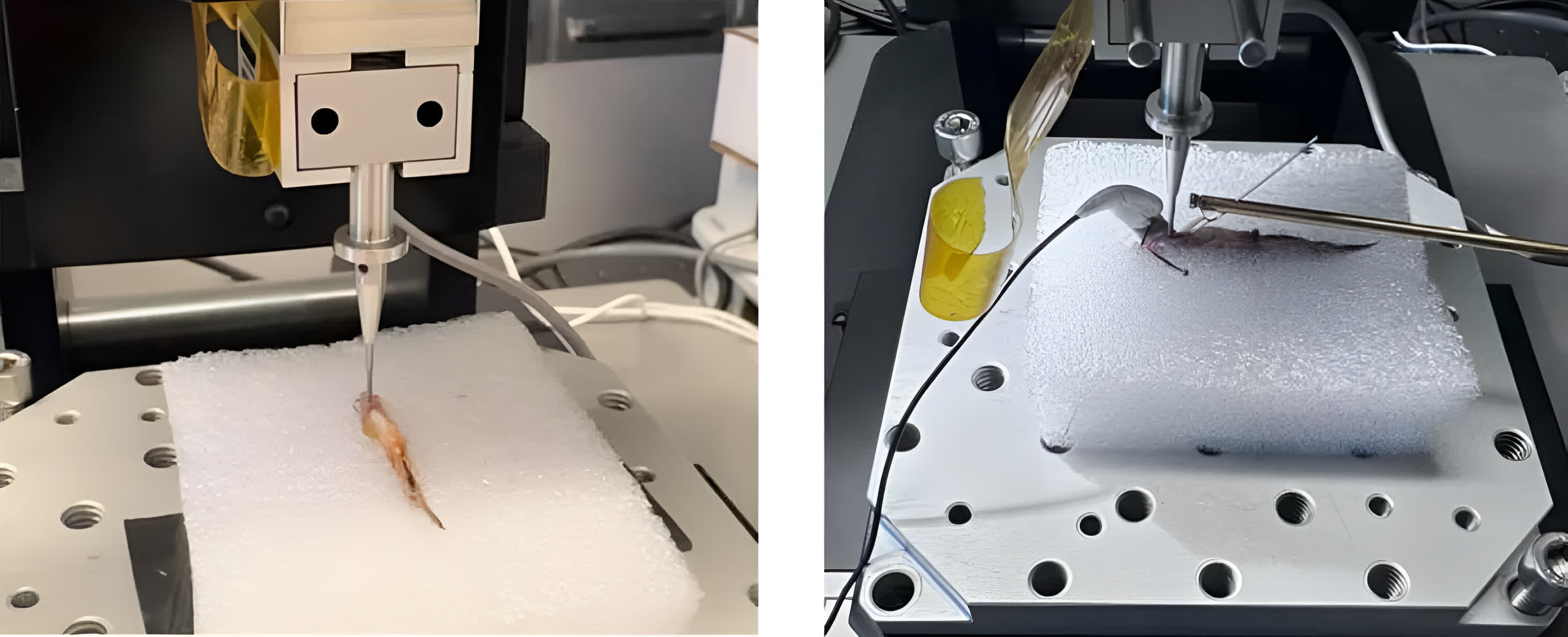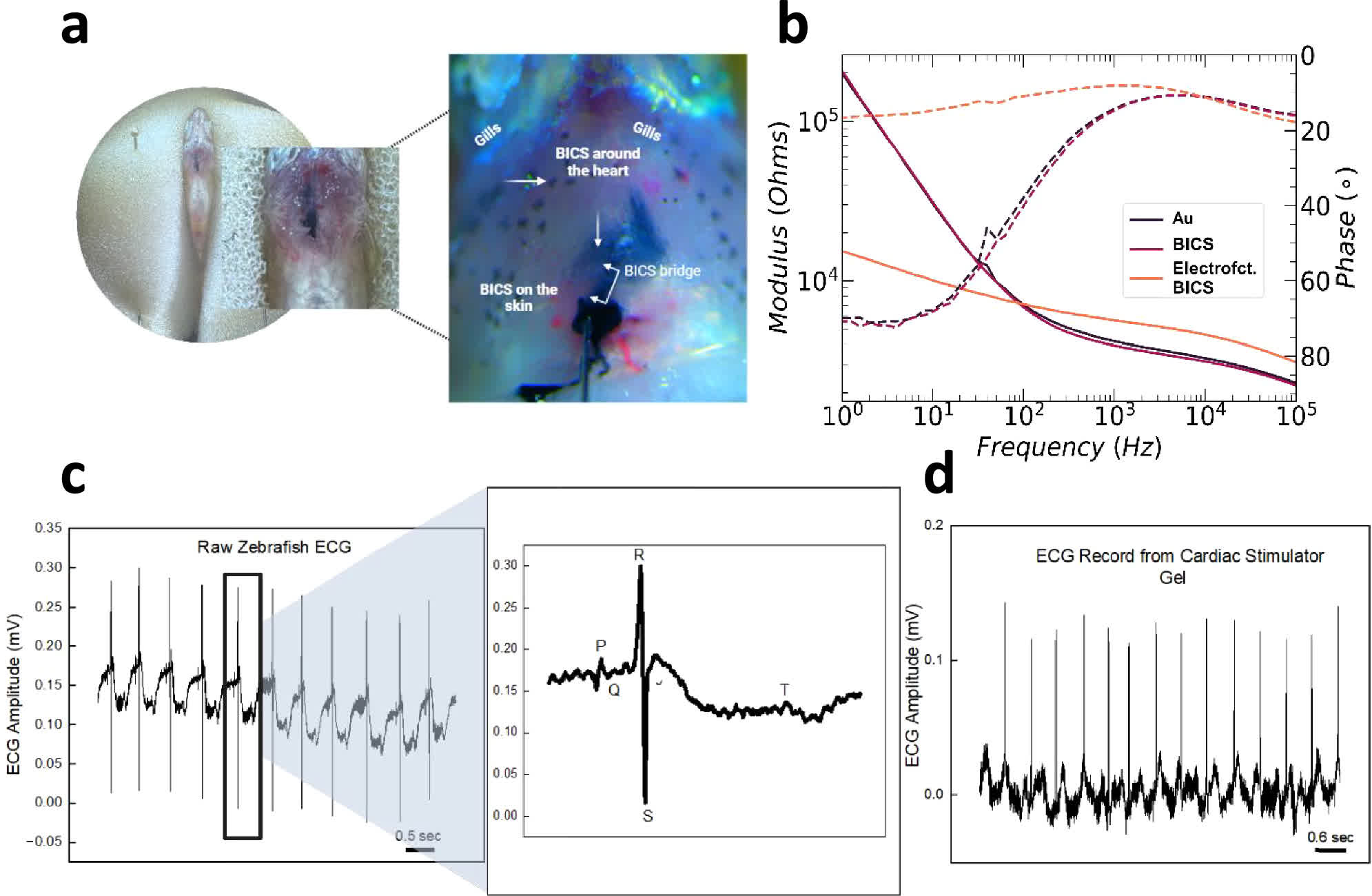Serving tech enthusiasts for over 25 years.
TechSpot means tech analysis and advice you can trust.
The bleeding edge? Swedish scientists may have found a radical nanotech solution to keep the heart beating when it runs into minor problems when healthcare isn't accessible. A newly developed injectable "heart stimulator" can temporarily correct arrhythmia by using your smartphone as a power source.
The concept is wild but also ingeniously simple. It's a special syringe with a needle thinner than a human hair, loaded with nanoparticles suspended in a solution. When injected, these nanoparticles self-assemble into a long polymer chain, forming a structure around the heart that conducts electricity. The structure regulates heartbeats, corrects arrhythmia, and even facilitates ECG measurements, thanks to the electrode's integration with the body's cells. It sounds like something right out of a science fiction novel.
The stimulator operates with extremely little power. The researchers say the energy supplied can come from everyday handheld devices. For instance, an ordinary smartphone connected to a cable stretching out from the injection site near the heart is enough to charge the polymer. This cyborg-like fix is not meant to be permanent but could be a lifesaver for those with arrhythmia when away from medical care.

The researchers also want to develop an app that allows users to adequately regulate their arrhythmia and possibly see more details about their heart.
"If you connect a mobile phone to the injection site near the heart, you can temporarily stimulate the heart's rhythm for up to five days," said lead author Umut Aydemir, a doctoral researcher on the project.
The minimally invasive design means no risky surgery is required compared to implanting a conventional pacemaker.

More importantly, after the electrode has done its job, it harmlessly disintegrates and gets naturally flushed out by the body, leaving nothing behind. The researchers have already verified the concept works using small animal models like zebrafish and chicken embryos, following guidelines to minimize testing on mammals.
With successful initial trials completed, the team is now gearing up for the next phase--experimenting with larger animals like pigs to help pave the way for human testing. If all goes well, the invention could become the ultimate outdoor emergency gadget for hikers, explorers, or soldiers.
Of course, plenty of challenges remain before the treatment is ready for the mass market. However, the breakthrough shows an intriguing view of a future where our everyday devices contribute to our health beyond measuring workouts and checking stress levels.